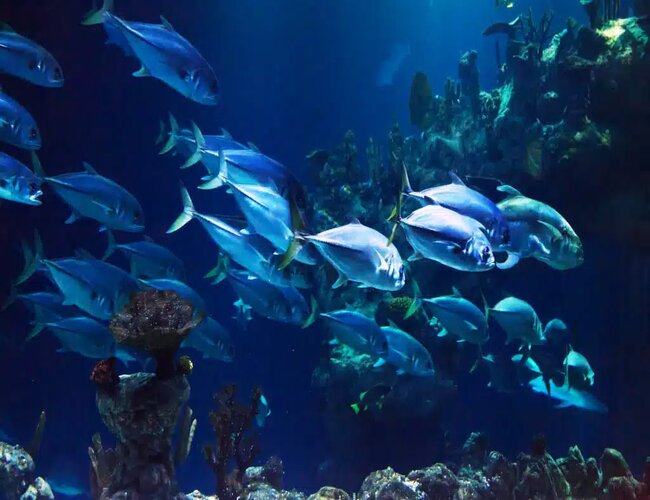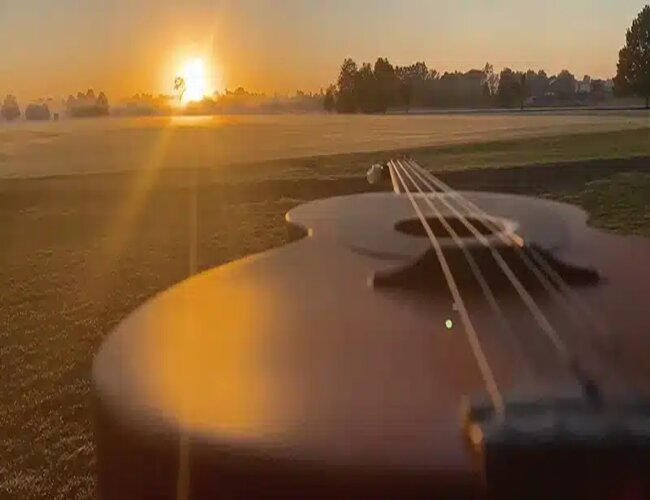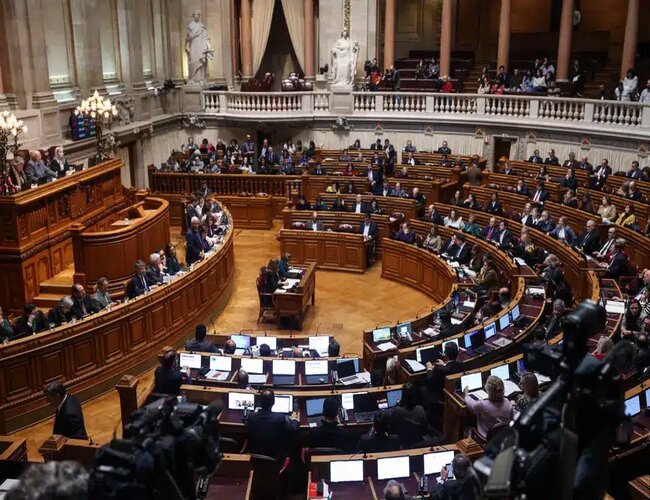Formal public discussion to start this month
Two years after it was proposed, the creation of the Natural Marine Park of the Algarve Reef ?€? Pedra do Valado has gained new momentum. Visiting the Algarve this week, minister for the environment and climate action Duarte Cordeiro said he wants to see the area classified by 2024.
Formal public discussion is expected to start this month, ?€?and should result in a Council of Ministers Resolution to be approved by the end of the year?€?, say reports.
The resolution will set out the area for the natural park; its regulations as well as compensation measures for possible losses by fishermen ?€?who have a rich source of resources in this area?€?.
This is a plan that has been on paper for years. It involves a rocky reef that extends along the coastal area of the municipalities of Lagoa, Silves and Albufeira, covering roughly 156 square kms.
Says Expresso, 20 square kms ?€?will be strictly protected, with restrictions on activities such as fishing, but not the observation of marine species, including diving, carried out in maritime tourism activities.
?€?Around 4 square kms will be a total sanctuary where only scientific monitoring can be done?€?, Jorge Gon??alves, lead researcher at the Centre for Marine Science (CCMAR) at the University of the Algarve, tells Expresso.
The marine area serves as an ecosystem for almost 900 species ?€? 12 of which are classified as new to science, he stressed ?€? all of which have been subjected to pressure from fishing and tourism.
?€?PROTECTING NATURAL CAPITAL?€?
?€?The natural wealth of this reef is very significant and there are few areas like this so close to the coast,?€? stresses Tiago Pitta e Cunha ?€? executive director of the Blue Ocean Foundation championing this project which sets out to protect, promote and value Portuguese underwater heritage, as well as the economic activities that depend on it, thus safeguarding the prosperity of future generations.
As Piita e Cunha told Expresso: ?€?Portugal distinguishes itself positively in environmental policies in the sectors of water, sanitation and combating climate change, but it does not make the same commitment in the area of safeguarding natural capital (?€?) if we do not change this trajectory, we run the risk of reaching 2050 and losing the wealth of biodiversity and natural capital that we have left?€?.
For Pitta e Cunha, the creation of the natural park is a way of ?€?breaking the deadlock?€? that has been witnessed this far in the area of conservation of national biological diversity.
Discussion between the foundation, CCMAR and dozens of other regional and local entities began five years ago, culminating in May two years ago, with a proposal presented to the government and parliament.
The CCMAR team, coordinated by Gon??alves, prepared a technical and scientific opinion with a formula (already approved by the government) to establish ?€?a calculation mechanism to move forward with programme contracts to compensate fishermen who will be affected?€?.
Around 225 boats from eight fishing associations operate in the area, but not all of them will be on the list of those to be compensated. The number and the amount to be allocated should only be clarified in October, says Expresso.
Says Gon??alves, the marine park ?€?will not only preserve biodiversity but also increase the biomass of existing species and make fishing more profitable?€?.
With its intention to create the new marine park, the government says it complies with the European Union Biodiversity Strategy for 2030, which provides for the classification of at least 30% of the maritime space under national jurisdiction by 2030.
The proposal is also aligned with commitments made at the United Nations Oceans Conference 2022 and the 15th Conference of the Parties (COP) of the United Nations, under the Convention for Biological Diversity at the end of 2022, and with Sustainable Development Goals, provided for in the United Nations Agenda 2030, namely Goal 14: Protect Marine Life.
During the 30-day public discussion period, documents that make up the process concerning the classification proposal can be consulted on the website of the Institute for Nature Conservation and Forests, and on the ConsultaLEX website.
The documents can also be consulted in person during normal business hours at the ICNF?€?s central services, Avenida da Rep??blica, 16, Lisbon, and at the Regional Directorate for Nature Conservation and Forests of the Algarve, located at the Marim Environmental Education Centre, Quelfes, Olh??o.
During this period, interested parties can submit comments and suggestions directly onto the ConsultaLEX portal.



